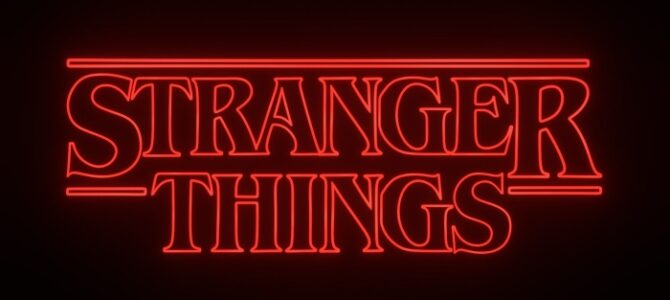
by Emma Myers
Netflix has come under fire for using the sites of past atrocities as locations or inspiration for its nostalgic hit show Stranger Things, including a plan to let fans book a themed cell in a former Holocaust prison on AirBnB.
Two of the locations in its fourth season–the final episodes of which were released last week–have dark roots in the real world.
Russian prison scenes were filmed in a former Lithuanian prison used by Nazis during the Holocaust while the show’s fictitious mental hospital was inspired by an infamous U.S. asylum with a similar name.
Mental health and Jewish advocates have criticized the streaming giant for what they see as exploitation of a brutal history. Both locations are also now tourist attractions.
But as the demand for “dark tourism”–historical attractions associated with death or tragedy– grows, the line between education and entertainment is blurring.
Forensic anthropologist and criminologist Xanthe Mallett says it’s important to remember the horrors of the past without exploiting victims.
“We don’t want to forget those lessons, we don’t [want to] make those same mistakes again and we shouldn’t wipe those places from history … but I think it’s equally important that these places don’t become tourist traps,” she says.
Symbol of the Holocaust
Lukiškės prison in the city center of Lithuania’s capital Vilnius was closed in 2019 and has since become an [occasional venue] for live music and events, but for many, the prison remains a symbol of Nazi brutality.
In 1941 the Lukiškės prison was used as a holding cell for Jewish people during the Nazi occupation of Lithuania. Around 350 Jews imprisoned at Lukiškės were later killed at Ponar, where up to 100,000 people were murdered, that vast majority of whom were Jewish.
Full article here.
Note: The series deals with paranormal events set in the 1980s including a wholly fictional Soviet attempt to infiltrate the United States to acquire special paranormal powers from an adjacent other world known as the Upside Down in the series. See also Ubik (1969) and VALIS (1978)by Philip K. Dick and Psychic Discoveries behind the Iron Curtain by Sheila Ostrander (1970). In fairness to Netflix, the prison was used by the Nazis for just over three years from 1941 to 1943, whereas the Soviet-era prison operated from the liberation of Vilnius in 1944 till the end of the Soviet Union in late 1991, such that 3 years are being compared to 47 years, although the number of Jewish atrocities from Lukiškės were much higher than the death rate during Soviet rule. Lithuania closed the somewhat notorious prison in 2019.


